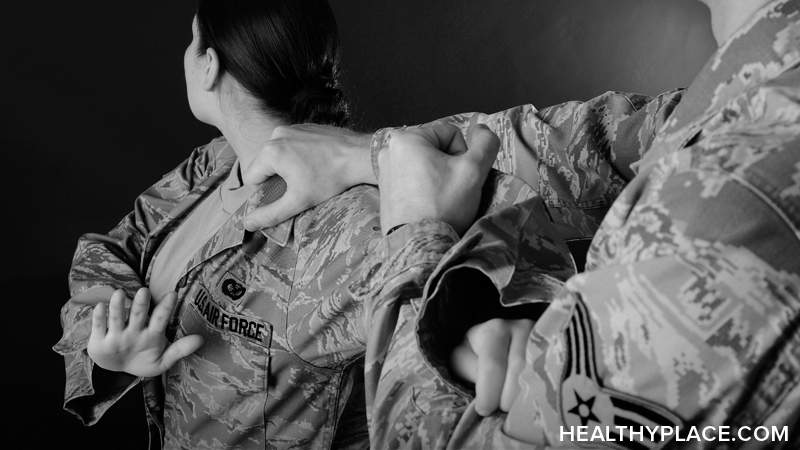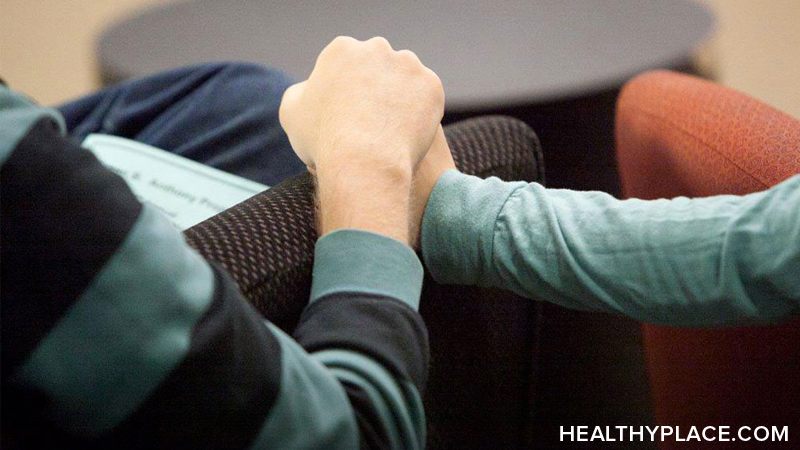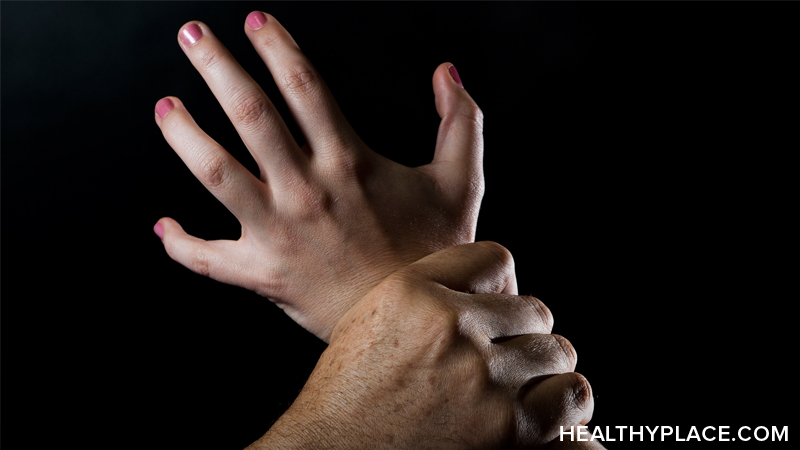Getting Raped: The Stigma of Being A Rape Victim

Getting raped results in an immense level of trauma for rape survivors. Victims endure the immediate physical and mental trauma of the actual event as well as many ongoing psychological challenges. As if these challenges aren't enough, a strong and significant stigma of being raped persists in American culture. Victims must deal with added shame, arising from the stigma-laden reactions of others that know about the rape.
Getting Raped and the Stigma of Being Raped
The stigma of being raped can make survivors feel as if they're getting raped all over again. The stigma of rape is so ingrained in American culture; people frequently don't even realize that their comments and reactions humiliate sexual assault victims.
Bethany Rivett, a rape survivor who shared her experience with the stigma of rape on Women's Views on News says, "When I told people I'd been raped, I was faced with reactions of utter discomfort. Some people were scared to discuss it, some didn't make eye contact while others said the necessary things in order to move on and change the conversation."
She goes on to explain that these people didn't realize how they made her feel, but that their reactions gave rise to strong feelings of shame and embarrassment. Rivett says even friends and family made comments that implied she could share some blame for the rape. "The questions they asked me suggested I was the one at fault. What time of day was it? What was I wearing? Was I alone? Was I drunk?"
Kristen Bakalar didn't hesitate to report getting raped by a stranger in a wooded area just three weeks after starting college. But, The Post and Courier of Charleston, SC, reports that on the witness stand, she came to understand how the stigma of being raped stops women from reporting sexual assaults. The defendant's attorney asked her to relay intimate details about her current and past sex life and other private details. Melonea Locklair Marek of People Against Rape in North Charleston fears that the insinuation of blame Bakalar and others have endured have diminished recent progress focused on getting sexual assault victims to report their rapes.
Challenging the Stigma of Being Raped
Why does American culture put the stigma of being raped on the victim rather than stigmatizing the perpetrator? Typically, the society insinuates disgrace upon the survivor, whom the perpetrator violated and exploited, insisting on silence. The media, court officials and attorneys must stop feeding the problem and become part of the solution. A move toward challenging the stigma of being raped by these and other high profile citizens could represent the spark that ignites the public at large to reject placing blame on victims.
APA Reference
Gluck, S.
(2021, December 17). Getting Raped: The Stigma of Being A Rape Victim, HealthyPlace. Retrieved
on 2025, June 8 from https://www.healthyplace.com/abuse/rape/getting-raped-the-stigma-of-being-a-rape-victim








